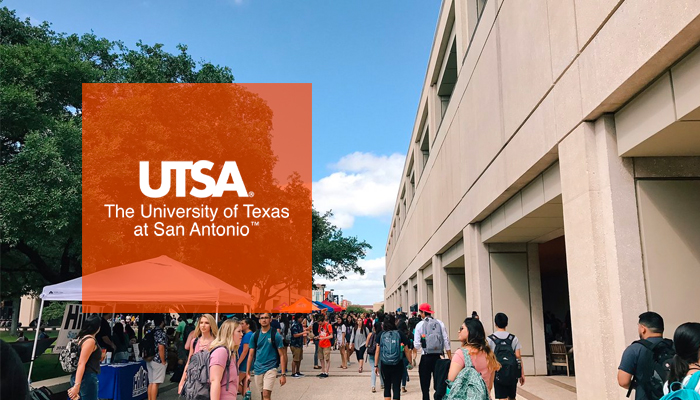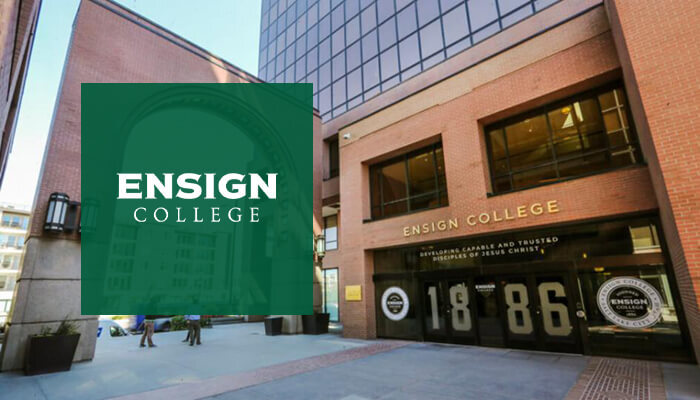This story is part of our series on using data analytics to engage male-identified students better to close the growing college gender gap. This series also includes stories from our partner Austin Community College.
Before the pandemic, leaders at the University of Texas San Antonio (UTSA) had already recognized sizable gaps in retention and graduation rates for men, particularly men of color. The institution had been a member of the TX Education Consortium for Male Students of Color for more than two years and was actively putting initiatives in place, much like other participating Texas colleges and universities.
Deepening Engagement with Male Students of Color
In spring 2021, UTSA launched Brothers United, a mentoring student organization focused on minority males. Each year they hold three events: one around career development, another about marketing oneself, and a third on restorative justice. Through formal mentoring and informal meet-ups, participants have ongoing supportive relationships and, ultimately, grow into mentors themselves. UTSA plans to expand Brothers United into a living-learning community in residence life — something they had slated to do before the pandemic interfered with all things residential.
Knowing that mentoring and events weren’t enough, UTSA continued to look for ways to deepen their engagement and support of minority male students. They found additional clarity and insights in their Civitas analytics. “What was extremely eye-opening for us was our initiative analysis results,” says Tammy Wyatt, Vice Provost for Student Success. UTSA had conducted a comprehensive inventory of their student success initiatives and scheduled each of them for initiative analysis within the Civitas Learning Student Impact Platform in order to understand their relative effectiveness, both overall and for specific segments of their student population.
Leveraging Existing Success Initiatives
Of the results that grabbed their attention, initiative analysis showed significant increases in persistence for participants in tutoring (+1.6%) and supplemental instruction (+4%). Tutoring showed the highest efficacy for African American males of all groups. Based on that finding, UTSA began proactive outreach specifically to minority males in those classes supported by tutoring, encouraging them to take advantage of the service. Initiative analysis data also showed that first-year students and students in the bottom quartile, both high-priority groups, benefited greatly from support services.
In the past, broadly marketed student success programs waited to see which students would show up for help…Today, student success services still serve all who seek them, but they proactively engage those students who will benefit the most.
UTSA’s approach to student success coaching also shifted in light of initiative analysis results. Success coaching at UTSA primarily served high-performing students who tended to self-select into the services. Now, informed by actionable insights, the coaching staff proactively reaches out to priority populations who will see the greatest impact, such as first-year students and students in the bottom quartile.
UTSA Achieves 16% Retention Lift with Data-Activated Student Support Ecosystem
Proactively Connecting Students to Services
In line with these examples, the entire service model for many of UTSA’s most effective student success programs and interventions has transformed. In the past, broadly marketed student success programs waited to see which students would show up for help — the majority of whom were already performing very well and staying enrolled. Today, student success services still serve all who seek them, but they proactively engage those students who will benefit the most — and those who are often reluctant to seek services on their own.
Finding such informative value in the initiative analysis results, UTSA moves every student success initiative methodically through initiative analysis on a recurring schedule to ensure ongoing measurement. Then they put that information into action by steering students to the help they need.




